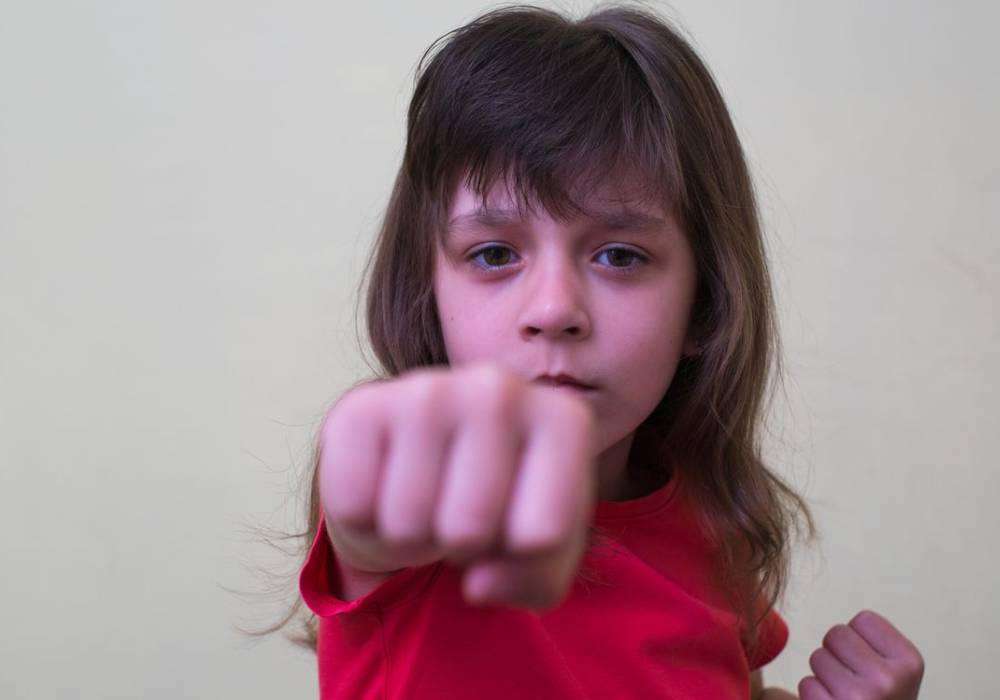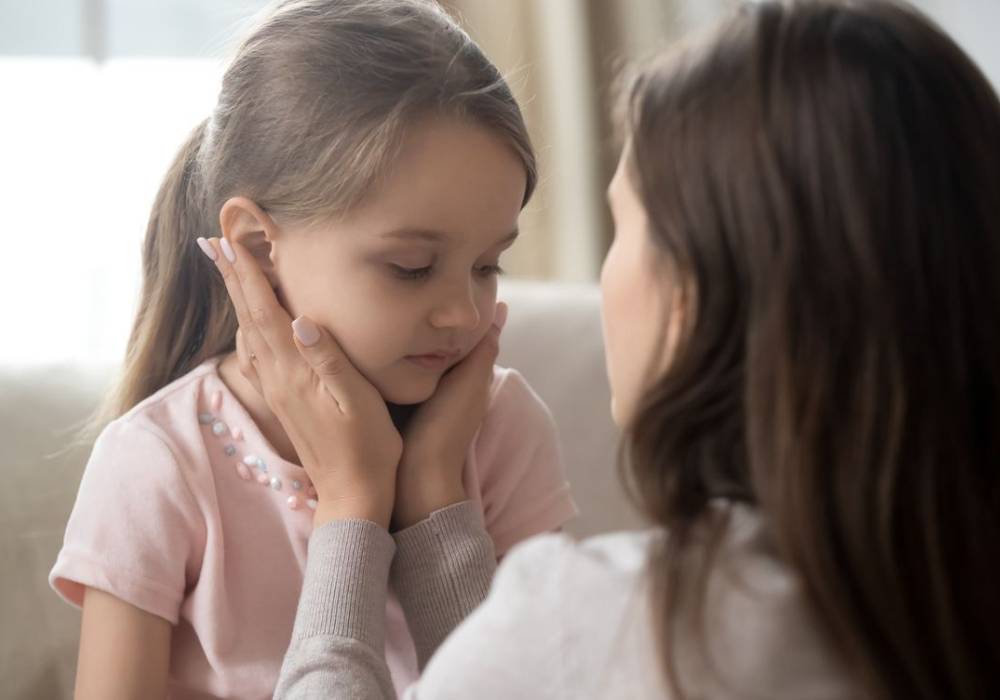A person who indulges in bullying often sees it as harmless behaviour, be it at any age. Often, it becomes a source of amusement for the bully, as well as the onlookers. They laugh it off but the person subjected to such trauma can feel restricted and scared. Many children experience bullying in school and often, feel too embarrassed or afraid to report it.
Many parents are vigilant and try to ensure their child’s mental and emotional safety too. They ask their children about their school life and keep in touch with their teachers. However, while many parents feel biased to believe their child could never hurt a fly, it is not always the case. What happens when it is your child that is going around bullying other kids? They may not be a victim of bullying but they are a victim of what they may be becoming.

Why do certain kids become bullies?
It is important to pay special attention to your child in their formative years so they form healthy coping mechanisms, empathy and a respectful mindset. However, when something goes wrong, a child may or may not be equipped enough to directly communicate about it. “Children can turn to bullying to cope when some underlying emotional need is not fulfilled. This can be a need to be recognised, loved, seen for who they are, feel powerful or confident in themselves. For example, if a child feels unseen or rejected because they are struggling academically or struggling to make friends, they might feel hurt and angry. If they happen to discover that being nasty and mean is making them feel better, they will tend to repeat nasty, bullying behaviours more often,” explains Malini Krishnan, counselor and psychotherapist, Inner Space.
Bullying can also be because the child has a lot of anger in them and “they are likely to displace this pent up emotion somewhere and end up bullying instead of empathising with other children,” Krishnan reveals. Experts also say that a bully is not born but made and it starts from as young as two years of age. When a child gets what they want with coercion, they begin to take it as an effective tool to fulfil their desires. That, in combination with aggressive power-play, can lead to violent behaviours.

Signs that your child is becoming a bully
Lack of empathy: “The biggest sign is low levels of empathy. Check how considerate the child is to the emotions of others,” Krishnan reveals. Most people who tend to harm others have low levels of empathy. This is why it is important to teach your child to be empathetic and flag behaviours that show a lack of it. “Remember to distinguish between conforming behaviours that stem from fear or learning that one needs to obey rather than empathise,” Krishnan points out.
Dominance: Leadership is one thing and dominance is another. If your child seems to be all about their way or the highway, it is problematic behaviour. “Signs of bullying could be when the child likes to overpower other children without any consideration for their needs,” Krishnan explains.
Trouble with forming real friendships: They either see other confident children as a threat or get attracted to power. Krishnan says if your child “seems to have trouble creating friendships with other children who demonstrate confidence and power”, they may be becoming a bully. Also, if they become “friends only because of their 'power' rather than because they can relate with other children,” Krishnan points out this could be another sign.

What can parents do to fix that?
If your child is becoming a bully at school, it is not something to be taken lightly. It starts small with kids indulging in small hurtful behaviours, but they can grow up to be a part of more serious actions. Several studies point out that bullying in childhood predicts the risk of criminality in adolescence and no parent wants that for their children.
“Be curious about what could be bothering your child. Try to think about what could be upsetting them deeply. You can even ask them how different aspects of their lives are going. Once you know why, give them all the support possible to help them overcome the same. Do not focus only on correcting the bullying, but also on addressing the root cause,” Krishnan advises.
Also, when your child uses coercion to get what they want, it is important to teach them how to behave. However, experts say that punitive measures such as grounding them, may not work on teaching them empathy. Instead, what these children need is a lesson in the development of positive skills that make them well-liked by friends and family.
Bullying is a serious problem and consulting a therapist can be a wise choice. Your child needs restorative practices that can help them address the root of their aggressive behaviour. It will help you understand which behaviours of yours could be affecting your child.
Also Read: An Age-wise Guide On Responsibilities Your Girl Child Must Know
Also Read: Positive Parenting Techniques Every Parent Should Know About